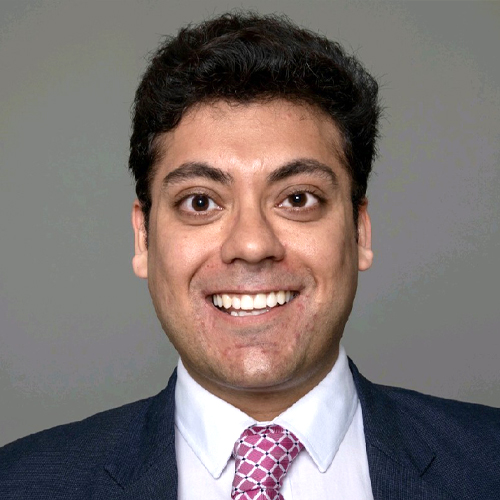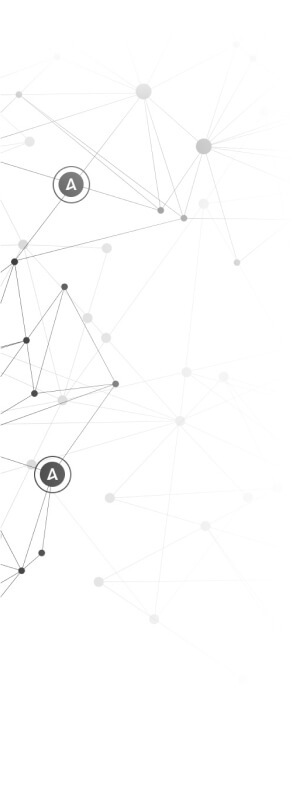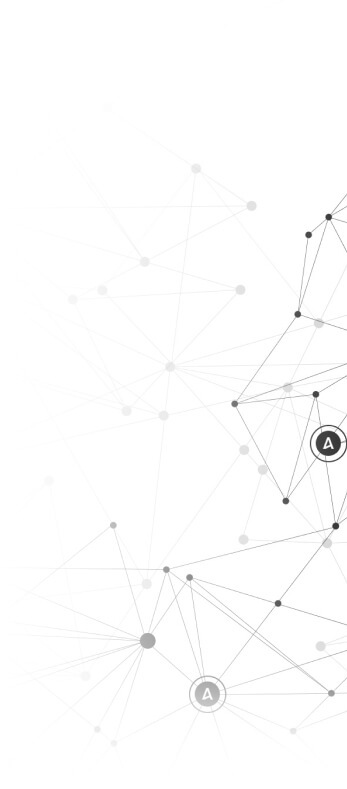Imagine walking into a travel agent and being virtually transported to your dream destination. You’re fully immersed, by the pool, watching the sunset and completely sold. You book the trip, leave the store and start counting the days. This isn’t science fiction, it’s the power of VR right now, and the only glasses involved are the ones containing freshly made Mojitos.
This exciting technology was at the center of a recent Spark academic project that saw semester one MBA students working alongside Swiss tech company Inside Reality. The project was titled ‘Travel Agency 5.0’, and it explored the consumer experience of using immersive VR at the pre-purchase stage.
“We specialize in virtual reality without glasses”, CEO Jürgen Debusmann says. “Through our immersion rooms, consumers can experience a location in different seasons. They can explore destinations virtually and be completely reassured that they’re making the right purchase. For travel agents, this technology can help them identify potential services and business opportunities, and better understand purchasing decisions. Moreover, the software is completely web based and runs on most mobile or fixed devices without any installation.”
Research. Analyze. Report.
In all areas of the diverse hospitality industry, from tourism and events, to luxury travel and hotel real estate, VR has the potential to enhance customer experiences, while reducing carbon emissions. For the MBA students involved, the task was to canvas the opinion on the potential of the technology, before presenting the findings to Jürgen and his team, as Visiting Lecturer and project supervisor, Dr Brendan Cronin, explains.
“Some of the milestones we had in the project were first getting the students doing in-depth research, often for the first time. We then broadened the scope of the research into multiple countries and analyzed the data to discover the outcomes. The final milestone was presenting the findings to Inside Reality. The students were nervous but they had solid data and the team was impressed.
“I was able to look at new tech from the perspective of both a developer and an end user.”
Spark academic projects enable undergraduate and postgraduate students to apply their learning, working on real-world projects with real companies. The participants work together to deliver outcomes that are highly-valued and can be built upon. In addition, the real-world nature presents a depth of learning that cannot be achieved through theoretical studies alone.

“The project helped me develop both hard and soft skills”, says MBA student, Saurav Kumar. “I was able to look at new tech from the perspective of both a developer and an end user. In terms of soft skills, I learned a lot about project management and how you deal with an external company, because we were acting as consultants.”
Virtual reality is a future reality
Without a doubt hospitality is at the beginning of its journey in terms of utilizing VR, with projects such as Travel Agency 5.0 helping connect the technology with the consumers and discover use cases.
“While this whole concept of using VR in tourism is something very new”, says Saurav, “our research found that around 73% of respondents were inclined towards using this technology. I feel it has great potential in the future for all businesses. It helps us dream more and experience a destination before we are able to go there and live it.”
For Jürgen, it’s only a matter of time before immersive VR becomes the preferred way to choose your next resort, hotel, cruise or home from home. “One thing we know for sure is industry expectations are changing around immersion and sustainability. VR can help companies reach out to new markets and customers through a seamless, exciting and ethically aligned experience.”





